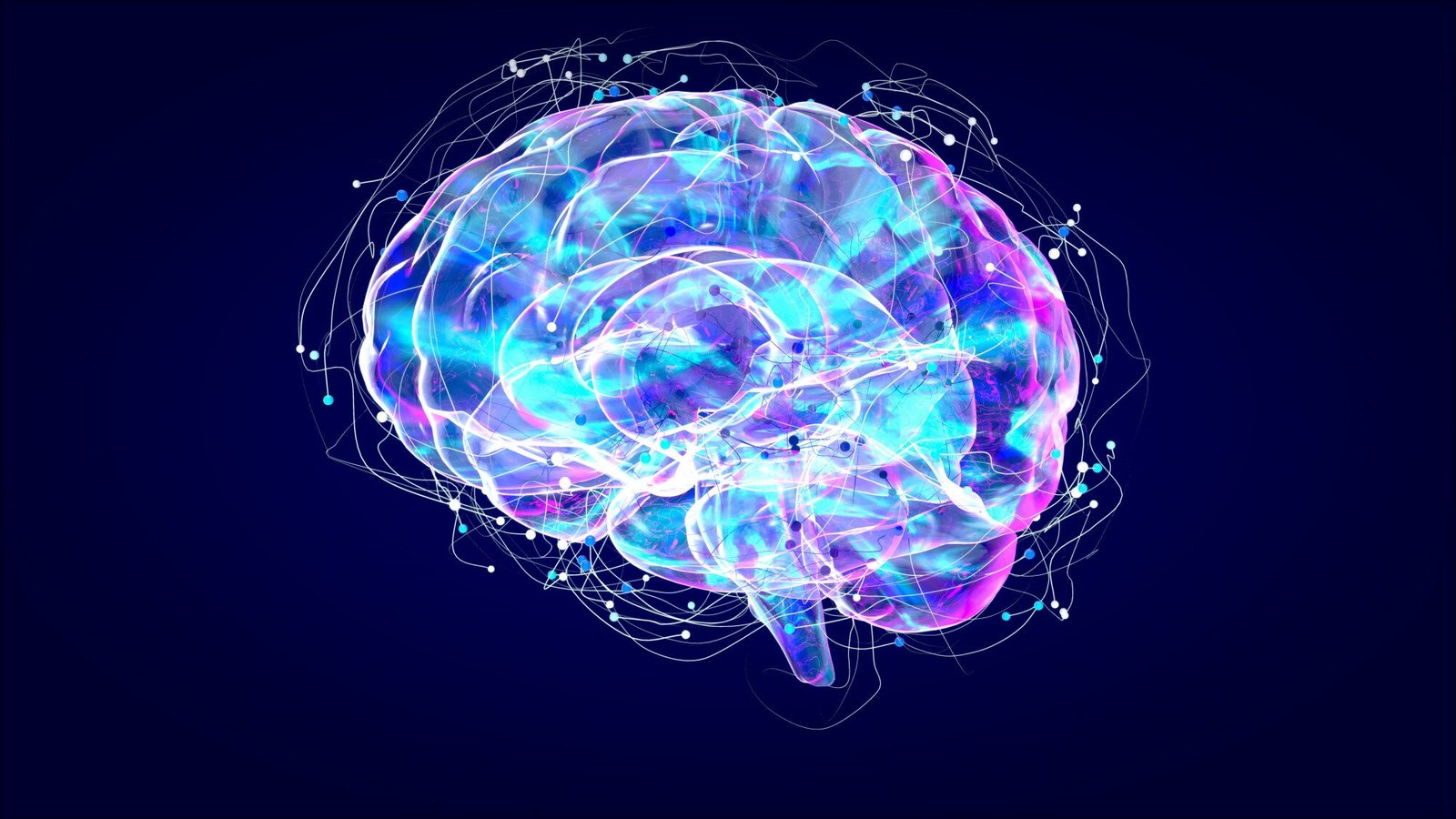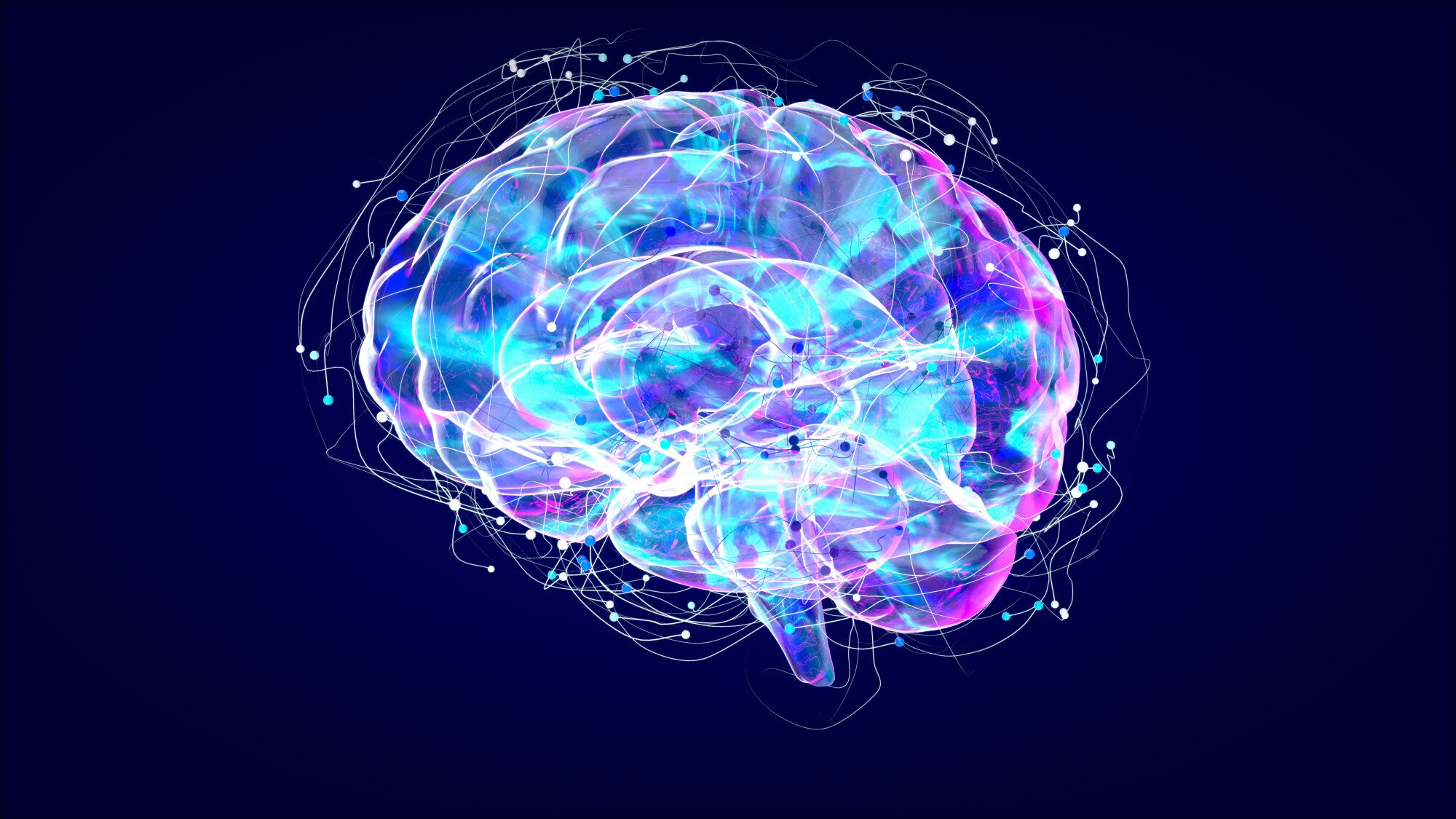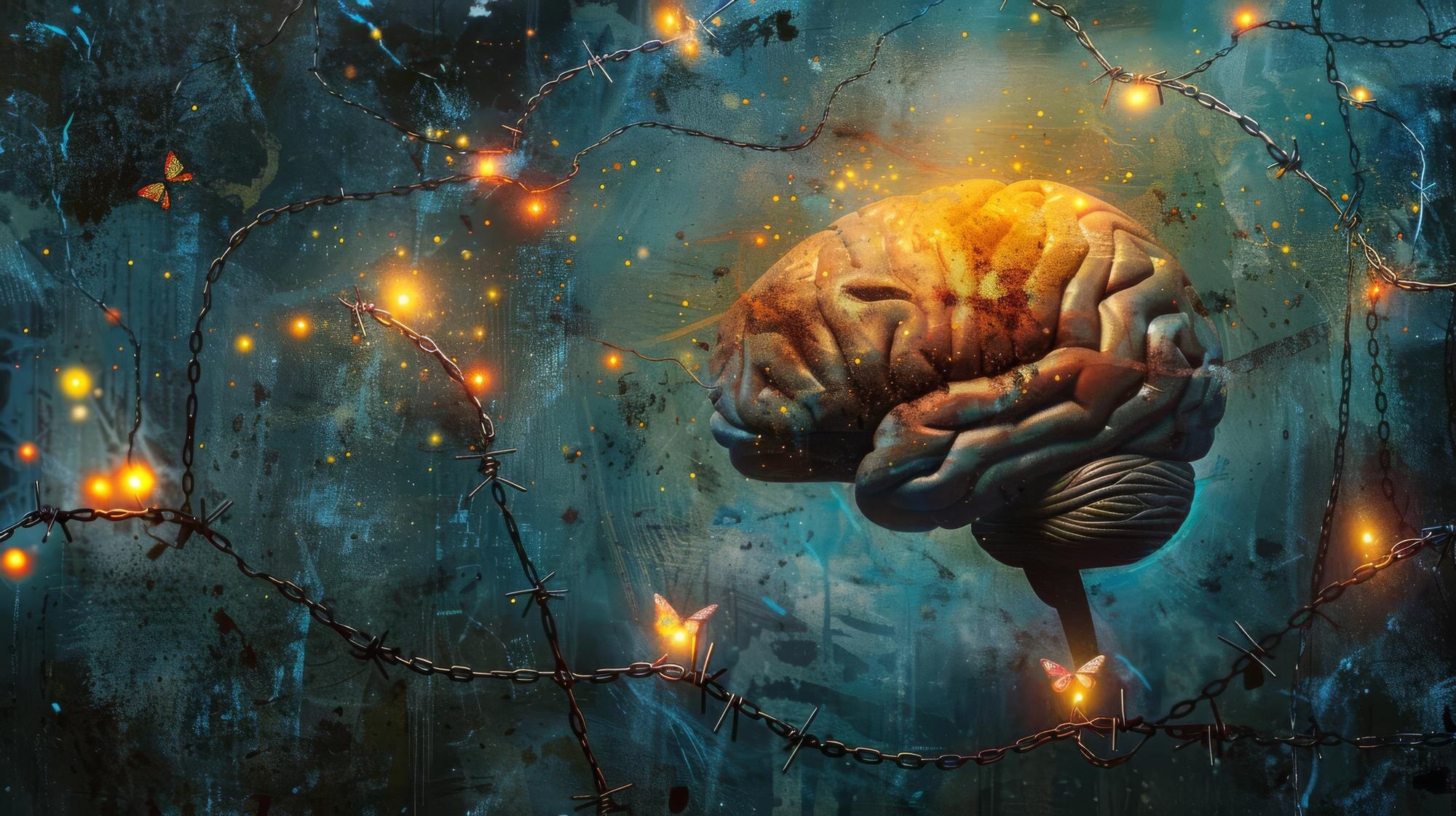
Understanding Your Brain’s Survival Mechanism: The Science Behind Compulsive Behaviors
Forget everything you thought you knew about compulsive behaviors. They’re not signs of weakness or personal failings. They’re your brain’s way of trying to survive. Imagine understanding these patterns as survival mechanisms, not character flaws. This change in perspective can open the door to emotional healing and self-worth. In this blog, you’ll learn how the brain’s survival mechanism drives compulsive behaviors, and how you can break free from these cycles. Ready to reclaim your life? Let’s dive into the science and solutions. For more insights, check out this study from UCLA Health.## Brain Survival Mechanism Unveiled

Understanding the brain’s survival mechanism provides insight into why compulsive behaviors often manifest as protective strategies. This section delves into how these actions are more than just habits—they are deeply embedded survival tactics and contribute to emotional healing.
Compulsive Behaviors as Survival Tactics
Our brains are wired to ensure survival, and compulsive behaviors can be seen as misguided attempts to protect us from perceived threats. When faced with stress or emotional pain, the brain may default to these behaviors as a form of self-preservation. According to a Stanford University study, the brain’s ancient wiring uses these behaviors to manage overwhelming emotions.
Consider how these behaviors act as coping mechanisms. A person might turn to substance use or emotional eating as a way to numb distressing feelings. Over time, these actions become entrenched patterns, making it challenging to break the cycle. Understanding this framework can transform our view of compulsive actions from shameful habits into responses that once served a purpose.
Acknowledging these behaviors as survival tactics allows for a more compassionate approach. It shifts the focus from blaming oneself to recognizing the need for healthier coping strategies. Emotional healing begins when we understand that these behaviors are not failings but rather signs of the brain’s instinctual drive to protect and preserve.
Brain’s Role in Emotional Healing
The brain is not only central to survival but also to emotional healing. Healing involves rewiring neural pathways to foster healthier patterns. Research from NCBI highlights the brain’s plasticity, which is its ability to change and adapt throughout life, as crucial in overcoming compulsive behaviors.
To facilitate emotional healing, the brain needs to learn new, healthier responses to stress. This process often involves identifying emotional triggers and developing strategies to handle them without reverting to compulsive behaviors. Practicing mindfulness and cognitive behavioral techniques can aid in this transformation by promoting awareness and control over automatic responses.
Healing also requires a supportive environment. Patients need encouragement and guidance to explore their emotions safely. By fostering self-awareness and resilience, individuals can begin to heal emotionally, which reduces the reliance on compulsive behaviors as a defense mechanism. Understanding the brain’s healing potential empowers individuals to reclaim their mental and emotional well-being.
Breaking Free from Compulsive Cycles

Breaking free from compulsive cycles means more than just stopping a behavior. It involves rebuilding self-worth and exploring non-clinical paths to achieve emotional freedom. This section examines the steps to regain control and foster a healthy self-image.
Rebuilding Self-Worth
Self-worth is often eroded by cycles of compulsive behavior, leading to a negative self-image. Rebuilding it is essential for emotional healing and requires deliberate effort. According to PMC research, fostering positive self-regard and self-compassion is key.
Acknowledge Your Worth: Recognize that behaviors do not define your value. You are inherently worthy of love and respect, regardless of past actions.
Practice Self-Compassion: Treat yourself with the same kindness you would offer a friend. Understand that making mistakes is part of being human.
Set Realistic Goals: Establish goals that align with your values and celebrate small victories along the way. This helps build confidence and reinforces a positive self-image.
By integrating these steps, individuals can gradually restore self-worth and reduce the reliance on negative coping mechanisms. This process takes time, but each step forward is a victory in reclaiming one’s life from compulsive behaviors.
Non-Clinical Coaching for Emotional Freedom
Non-clinical coaching offers an alternative path to emotional freedom without the stigma of traditional therapy. It provides tools and support to manage compulsive behaviors effectively. Watch an informative discussion on how coaching can offer a safe space for self-exploration.
Non-clinical coaching focuses on empowering individuals through personalized strategies. Coaches work alongside clients to identify emotional triggers and develop tailored plans that promote self-awareness and emotional resilience. This approach emphasizes the individual’s strengths and potential for change.
Coaching sessions can provide practical tools for everyday challenges. Clients learn to recognize and interrupt harmful patterns, replacing them with constructive behaviors. This support system nurtures growth and self-efficacy, guiding individuals towards lasting emotional freedom. The process is about empowering clients to take control of their lives and embrace a healthier future.
Path to Lasting Change

Achieving lasting change requires empowering tools that foster self-trust and structured programs that guide transformation. The following section explores these elements and how they contribute to a sustainable shift in behavior.
Empowering Tools for Self-Trust
Building self-trust is crucial for overcoming compulsive behaviors. It involves learning to rely on oneself for emotional support and decision-making. Here are some tools that can aid in rebuilding self-trust:
Mindfulness Practices: Regular mindfulness exercises help individuals stay present, reducing the urge to engage in compulsive behaviors.
Journaling: Writing about thoughts and emotions can clarify feelings, aiding in understanding and managing them better.
Affirmations: Positive affirmations can reinforce self-trust and encourage a healthier self-perception.
Implementing these tools consistently can enhance self-awareness and bolster self-trust. This foundation is vital for making informed choices that align with personal values and well-being, paving the way for lasting change.
VK Circle’s 90-Day Emotional Freedom Program
The VK Circle’s 90-Day Emotional Freedom Program offers a structured approach to reset self-worth and daily behaviors. This program is designed to provide the support and resources needed for genuine change.
Structured Framework: The program provides a clear roadmap for individuals seeking to overcome compulsive behaviors and enhance self-worth.
Personalized Coaching: Participants receive tailored guidance to address their unique challenges and goals.
Community Support: Engaging with a community of like-minded individuals fosters a sense of belonging and mutual encouragement.
Through this comprehensive program, VK Circle empowers individuals to reclaim control over their lives. The emphasis on emotional freedom and self-worth sets the foundation for sustainable change. With the right tools and support, lasting transformation is within reach. 🌟✨💪



